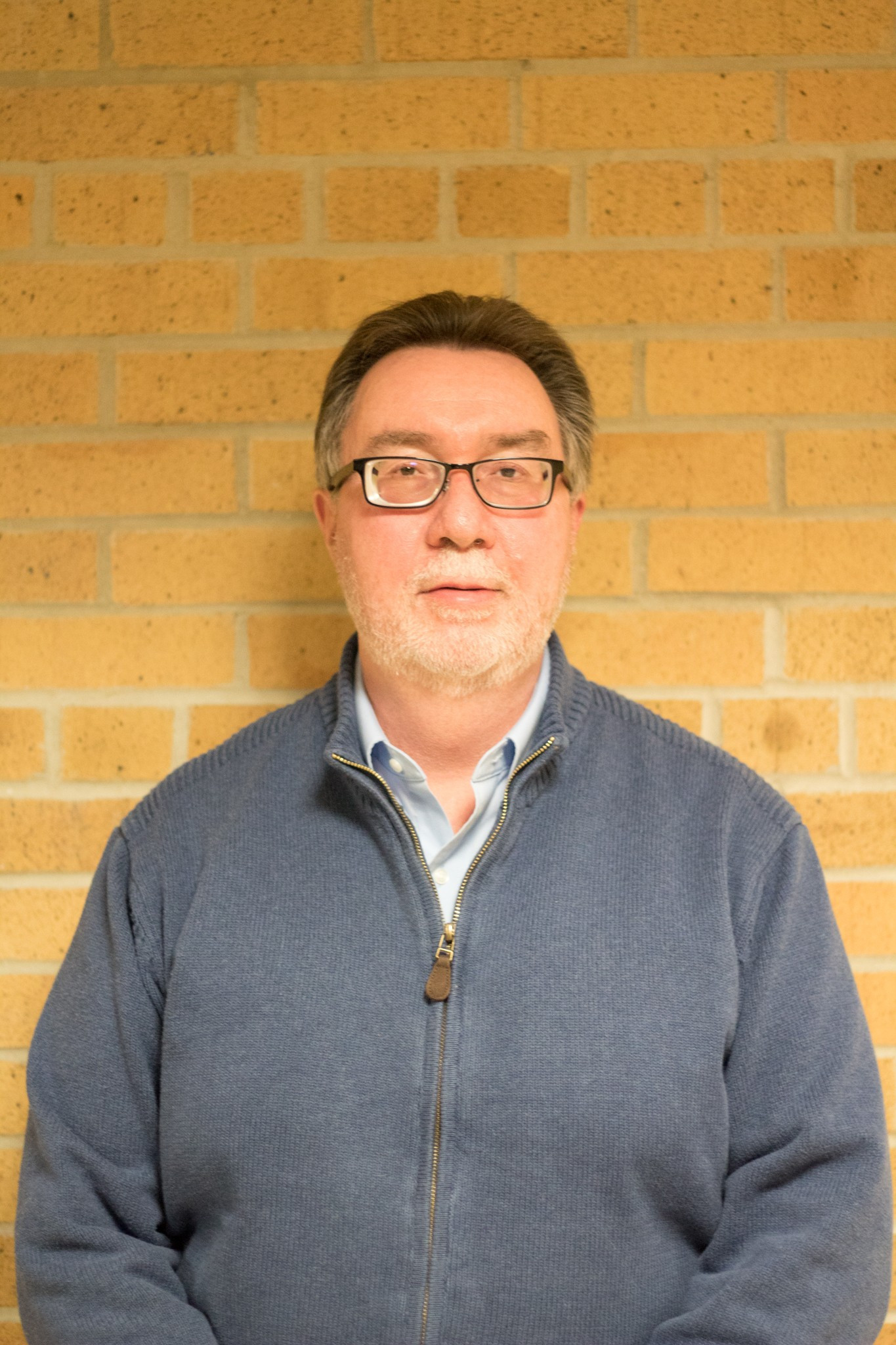

To read Jeanne-Claude’s and my work is to read it on that level. Paul Goldberger, an architectural critic for The New York Times rather than an art writer, came to review this work in Berlin. And even today, I would assert that I have still not decided, because the wrapping of the Reichstag was a form of architecture. When I escaped to the West, after just four years of my studies, I had not settled on my artistic discipline. I didn’t understand why my work was not like anyone else’s at the Academy. This is why I have never returned to Bulgaria since I left in 1956. I grew up in this suffocating society, where terrible things were happening. It was a difficult time for me because the Academy was primarily reserved for privileged people of the Communist regime. And at this time the Communists came into power and my father was accused of being a Capitalist and an enemy of the people and was prosecuted. Like nineteenth-century artists we not only studied with live models and plaster casts, but we went to the hospital to see dissections.ĬHRISTO: Yes. In the first four years we covered all disciplines, including anatomy. At 17 I began my studies at the National Academy of Arts, which was very conservative and based on the German art school model, involving eight years of study to become a painter, sculptor or architect. Instead of having piano or violin lessons I was learning directly from artists. From the age of six or seven I was not only going to school but also having private lessons with some of these artists. I remember vividly that many artists, writers and actors evacuated Sofia and came to Gabrovo. The war began in the early 1940s and the country was bombarded by the American and British forces.

She embraced all art forms and encouraged my brothers and I to be involved with visual and performing arts.

She met my father, a chemist and engineer, and they got married in 1930. She always had a great love of art and was a secretary at the National Academy of Arts in Bulgaria. My mother and her family escaped by walking to the border between Greece and Bulgaria, arriving in Sofia later that year. I bear the name of my mother’s father, a freedom fighter who was arrested and executed by the Turks during the Balkan Wars 1912–13.

My mother was Macedonian and my father was half Bulgarian, half Czech. "To understand the history and spirit of America, one must know its wars, its laws, and its presidents.CHRISTO: I was born in 1935, in Gabrovo, a town in the Balkan Mountains in Bulgaria.


 0 kommentar(er)
0 kommentar(er)
